Wiltshire Wildlife Trust has been awarded £249,949 from The National Lottery Heritage Fund.
The money will be used to support vital conservation work across the county's landscape including precious and rare chalk downland landscapes.
The funding, supported thanks to money raised by National Lottery players, will deliver a range of activities designed to support nature’s recovery.
The grant will directly help to deliver against two key targets from the Trust's 2030 Strategy: achieving 30 percent of Wiltshire's land and freshwater in positive management for nature and increasing species abundance and diversity for critical indicator species.
Conservation activities will include invasive species control, pond restoration and plant restocking.
Jo Lewis, CEO of Wiltshire Wildlife Trust, said: "This grant from The National Lottery Heritage Fund is transformative for our work and has arrived at a key moment for Wiltshire's wildlife.
"This funding will underpin the development of resilient, dynamic ecosystems that not only protect wildlife but actively restore natural processes across our reserves including our iconic and rare chalk landscapes.
"In addition to this the funding will support our partnership at Great Chalfield, providing inspiration for farmers and land managers across the country and beyond.
"The addition of four new trainees to the Trust will make a tremendous difference to our work but also in delivering training to support people entering the conservation work force."
The Trust will capture ecological baselines for four critical species groups - bats, birds, amphibians and reptiles across Wiltshire. This data will inform the management plans designed to benefit both species abundance and diversity across the Trust's nature reserves.
Habitat enhancements will specifically target key Wiltshire species including fritillary butterflies, farmland birds such as yellowhammer, turtle dove, lapwing and curlew, and important landscape indicator species including bats, dormice, otters and water voles.
This, the Trust says, will blend the use of both traditional techniques like horse logging and more modern technologies like audio surveying to inform wildlife surveys.
The grant will support work at Great Chalfield, a partnership between the National Trust and Wiltshire Wildlife Trust, which will see the farmland transformed as an example of nature-friendly farming.
This working farm will demonstrate how nature recovery can be delivered alongside profitable farming models, with the potential to influence farming practices across the county and beyond.
The grant will also fund four specialist traineeships, specifically designed to tackle critical skills gaps in both conservation and farming.
Trainees will gain a unique blend of expertise, learning how to integrate ecological and agronomic insights.
Their training will cover a wide range of cutting-edge techniques, from traditional heritage conservation methods like coppicing and hand scything to modern technologies such as static audio detectors and robot mowing systems. They will master advanced survey techniques and data interpretation, preparing them for a vital role in the future of these sectors.
The Trust hopes that these placements will actively promote diversity and inclusion within our workforce.
Stuart McLeod, Director of England - London and South at The National Lottery Heritage Fund, said: “We’re proud to support Wiltshire Wildlife Trust with this important project helping nature’s recovery, made possible thanks to National Lottery players.
"Their dedication to protecting and restoring Wiltshire’s natural habitats is not only vital for wildlife, but also for helping local communities reconnect with the natural heritage on their doorstep. This funding will help ensure their conservation work continues to flourish - safeguarding the region’s rich biodiversity for generations to come.”
Work on the project will begin immediately, with the first trainees expected to start work this autumn.
The Trust hopes that the species monitoring approaches developed through this funding will create a model for landscape-scale conservation that can be replicated across other landscapes including chalk downlands throughout southern England, contributing to the national goal of nature recovery while supporting sustainable farming communities.

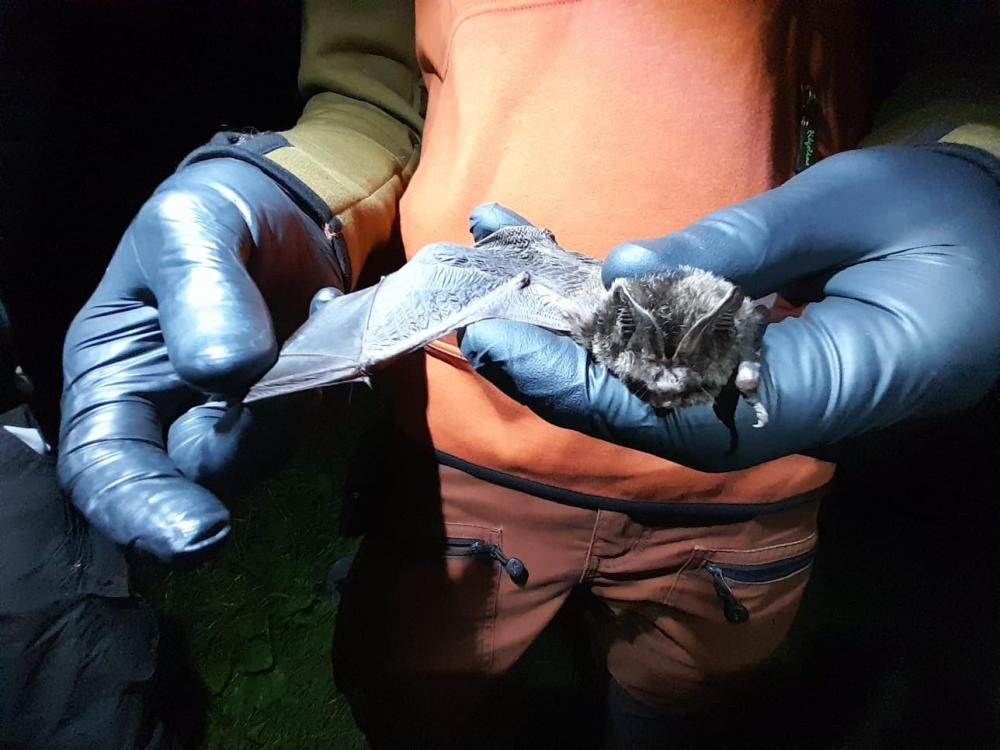
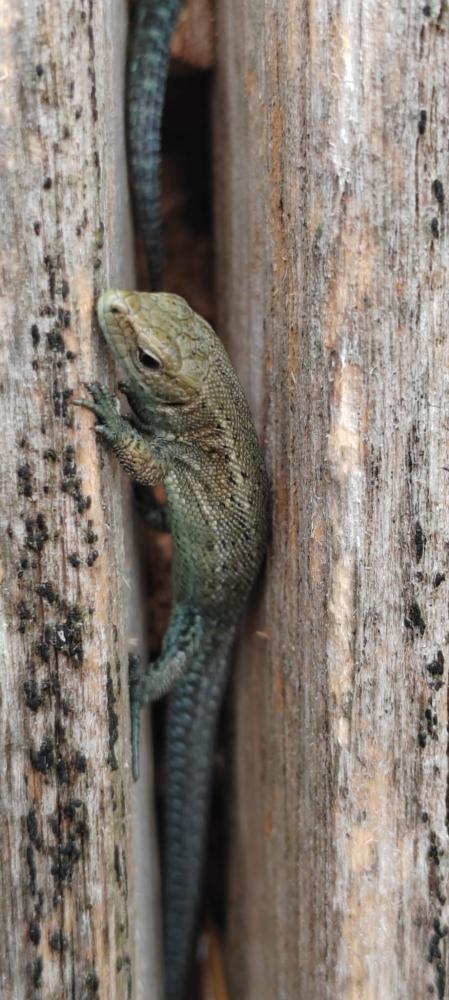
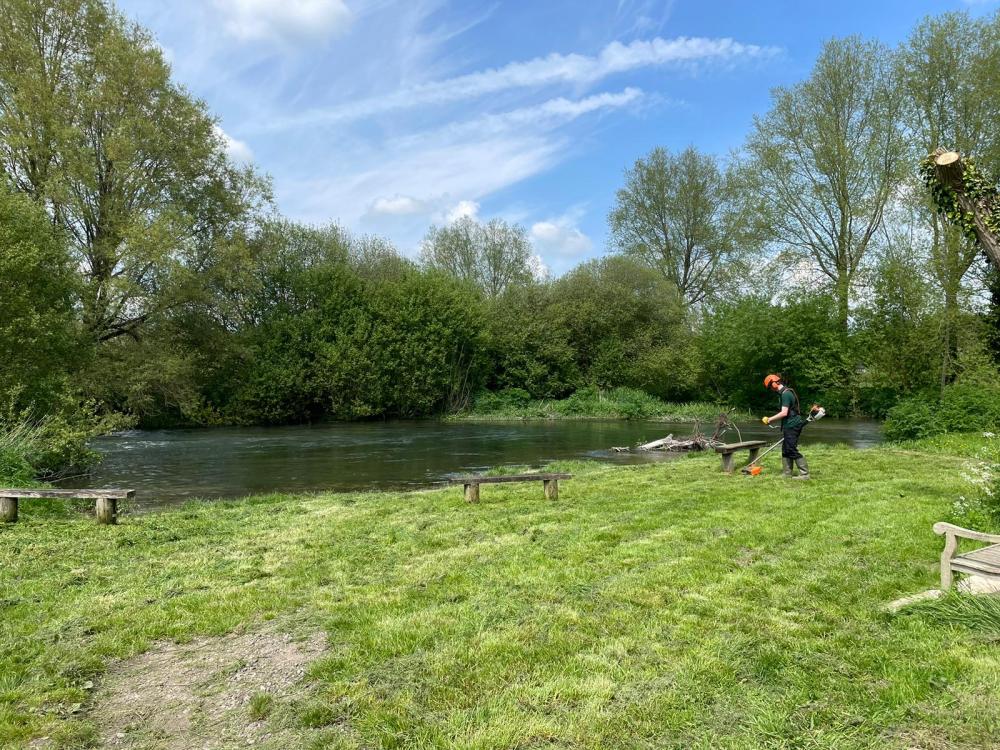
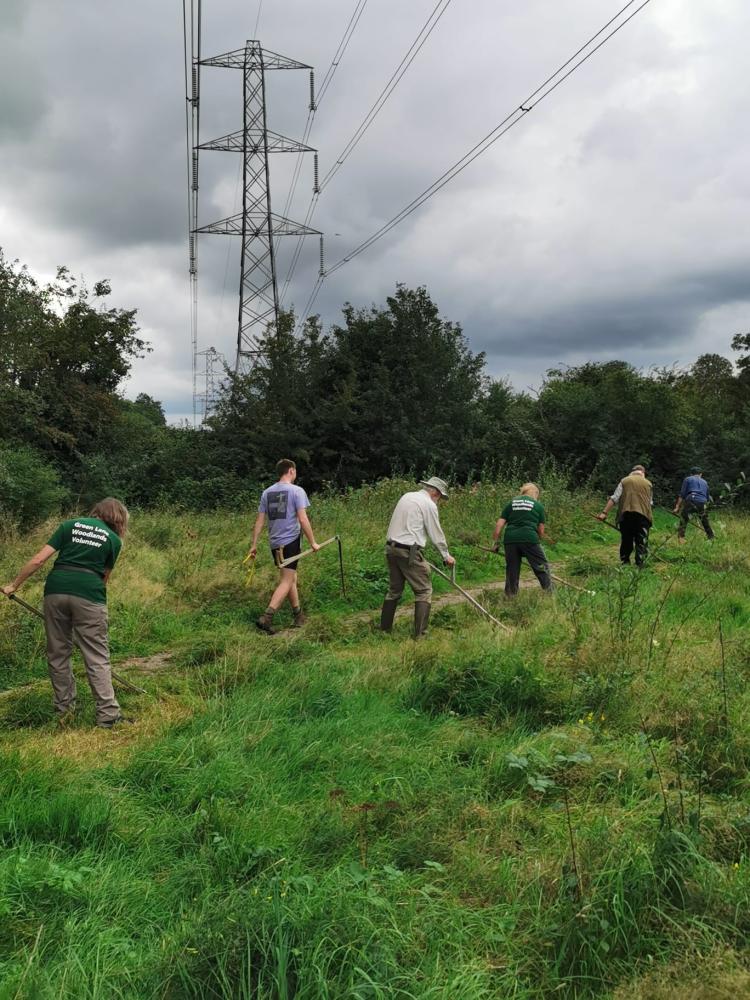





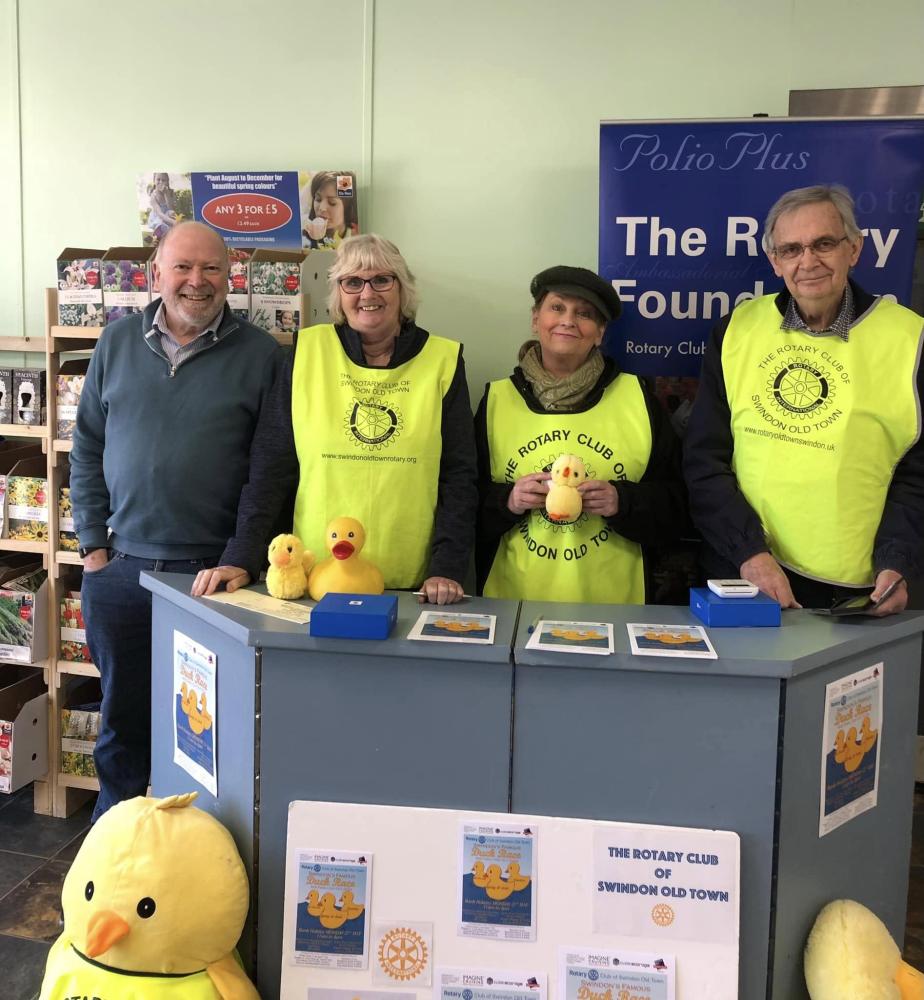

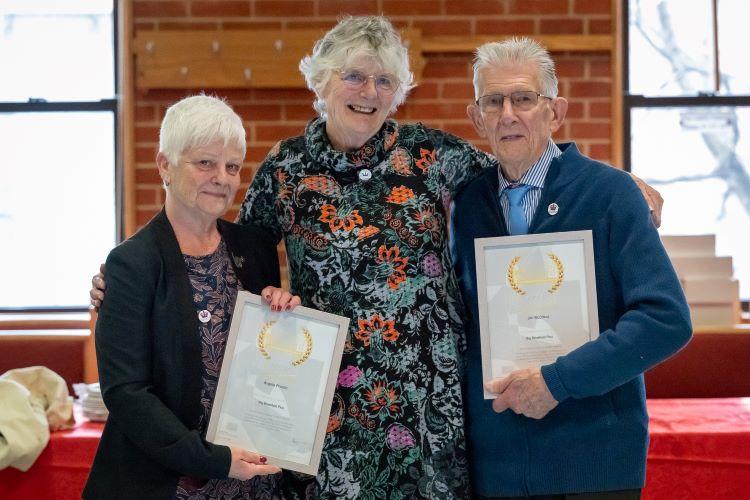
Your Comments
Be the first to comment on this article
Login or Register to post a comment on this article